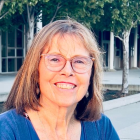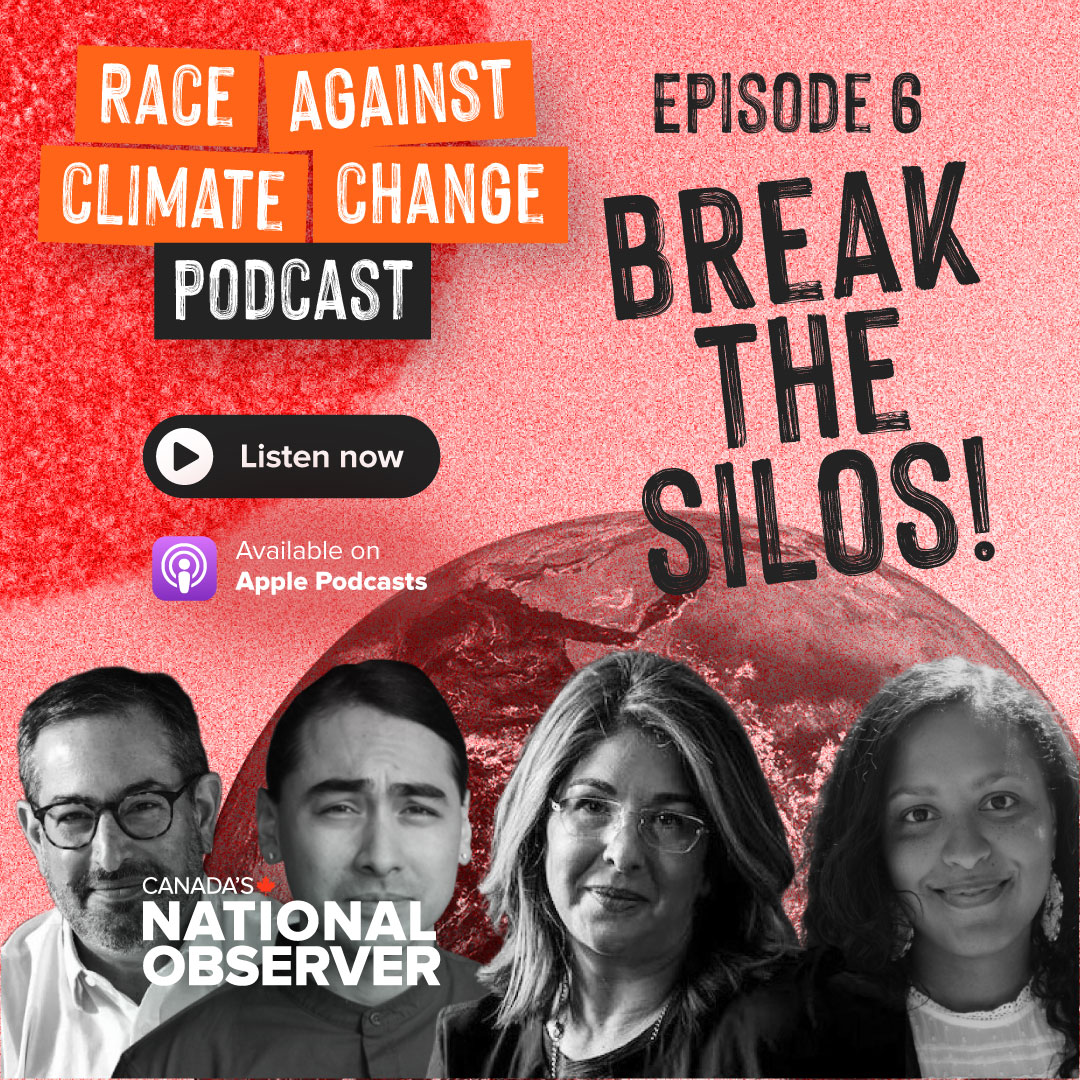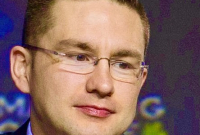Support strong Canadian climate journalism for 2025
On Jan. 27, Gurleen Aujla, as one of the leaders with SFU350, helped draw the attention of Simon Fraser University's board of governors to the substandard working conditions of its contracted janitors and cooks.
This piece is part of a series of profiles highlighting young people across the country who are addressing the climate crisis. These extraordinary humans give me hope. I write these stories to pay it forward.

Tell us about this work.
SFU350 hosted a joint livestream watch party with Contract Worker Justice @SFU (CWJ), a coalition of staff, students and faculty, to ensure that when CWJ presented its findings in its preliminary report, Labour Conditions among Contract Cleaning and Food Service Staff at Simon Fraser University, our members were there to show their support.
Climate change and the working conditions of migrant workers are not separate and they are not just items on a meeting agenda. These are issues that affect people in real ways every day and are completely interconnected. Millions of people have already been displaced by climate change, especially in the Global South. As a rich climate-polluting country, Canada has an obligation to make more of an effort to be a welcoming, inclusive place. Improving working conditions for these people when they arrive is an important step.

Tell us about the other work of SFU350?
In 2021, we persuaded SFU to divest from all fossil fuel investments and to acknowledge the climate emergency. Our first success in 2022 was in January when the board officially declared a climate emergency and acknowledged our work and its alignment with its goals. One of the ways we have asked board members to demonstrate their alignment is to centre climate justice in problem-solving. Better working conditions for migrant workers is a choice now squarely before them.
How did you get into this work?
In elementary school, my teacher asked if anyone was willing to stay after school on Fridays to sort through the recycling to ready it for pickup. I wasn’t much of a joiner, but when I got home, I was watching TV as usual but couldn't stop thinking about those pop cans going to the landfill and sitting there for hundreds of years. So I started doing it. It felt good to make a contribution.
At Capilano University, I worked at the students' union to research food insecurity among our students. It was a big wake-up call to discover that so many were not sure where their next meal was coming from and that most food-insecure students were Black Indigenous or people of colour. I gained outreach skills and I also understood for the first time that since neither the student union, the administration nor students could solve this on their own, systemic change was necessary.
Based on my confidence in my outreach skills and my understanding of the importance of systemic change, it was easy to offer to help at SFU350.

How did the way you were raised affect your decisions?
I am the first person in my family to be born in Canada. My parents sacrificed so much and worked so hard to give me the opportunity for a good life. But the world they wanted for me is literally on fire. I honour them by working to protect nature’s ability to support me.
What makes your work hard?
We hear a lot about climate grief and anxiety, but I feel anger and rage. How could this be happening? Why are decision-makers moving so slowly to fix it when they know this is a catastrophe? It is a challenge to find ways to remain positive.
What gives you hope?
People do care. Even in my business classes, I see students coming up with innovative and climate-friendly ideas with no particular assignment to do so from the faculty. People in my generation are engaged.

What would you like to say to other young people?
You don’t have to know everything about the issue to get involved. I started with what I call “my fuzzy picture,” a broad sense of the things that really matter to me — meaningful social change, gender equality, healthy ecosystems, justice and positivity. As I engage, I am getting more clarity. I have just decided that law might be a good option for me. But I have a lot more to discover before I know what kind.
What would you like to say to older readers?
You might be looking forward to easing back. But we need your knowledge and your stories of how things were, and we need your wisdom. We also need your networks and influence. This is not a problem to be left to younger people. It calls all of us.
Be there for us. When I come home at the end of a long day of organizing and schoolwork, it is wonderful for me to have my parents supporting me in this journey. They don’t always understand what I do, but they are behind me.






Comments